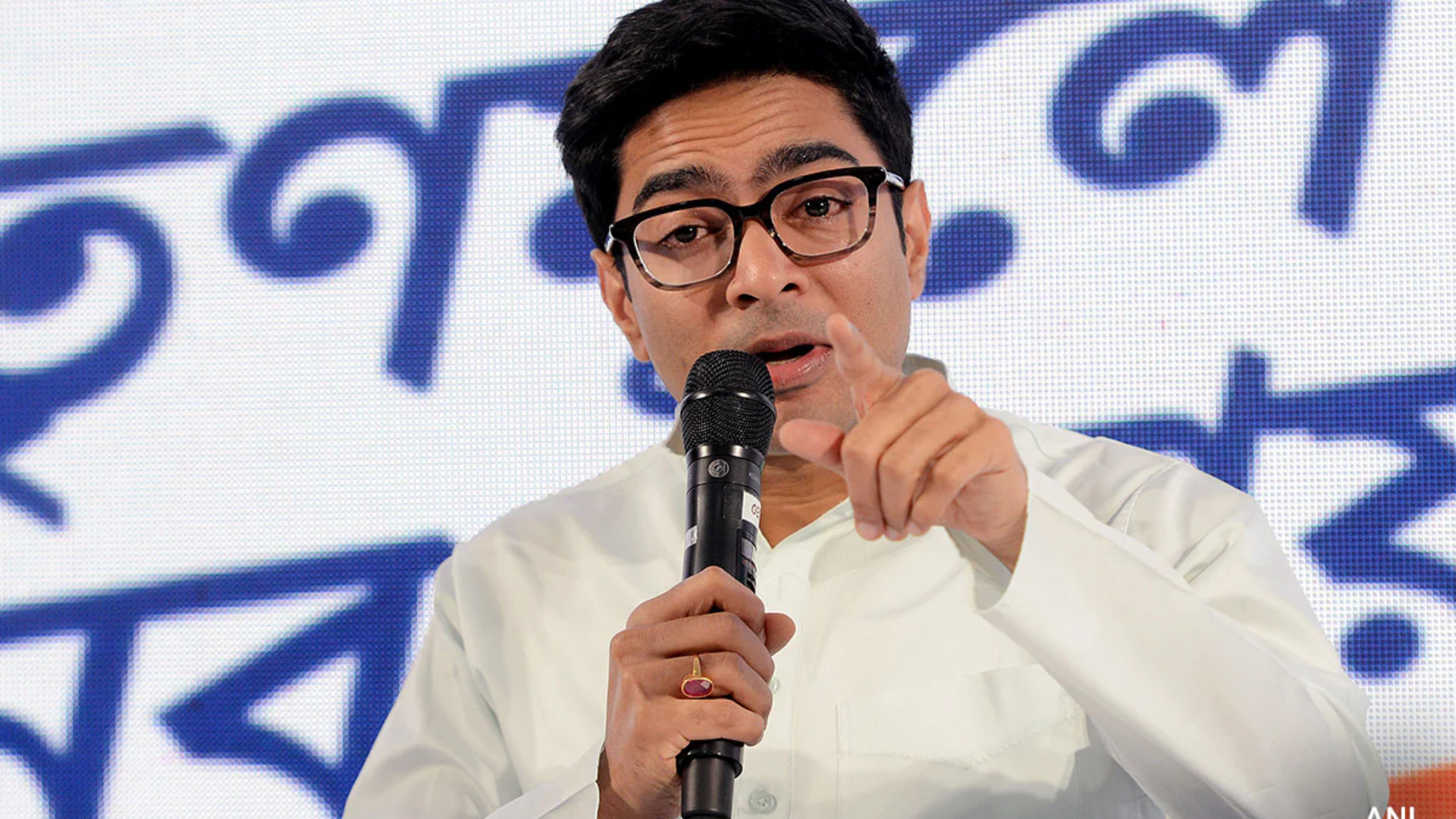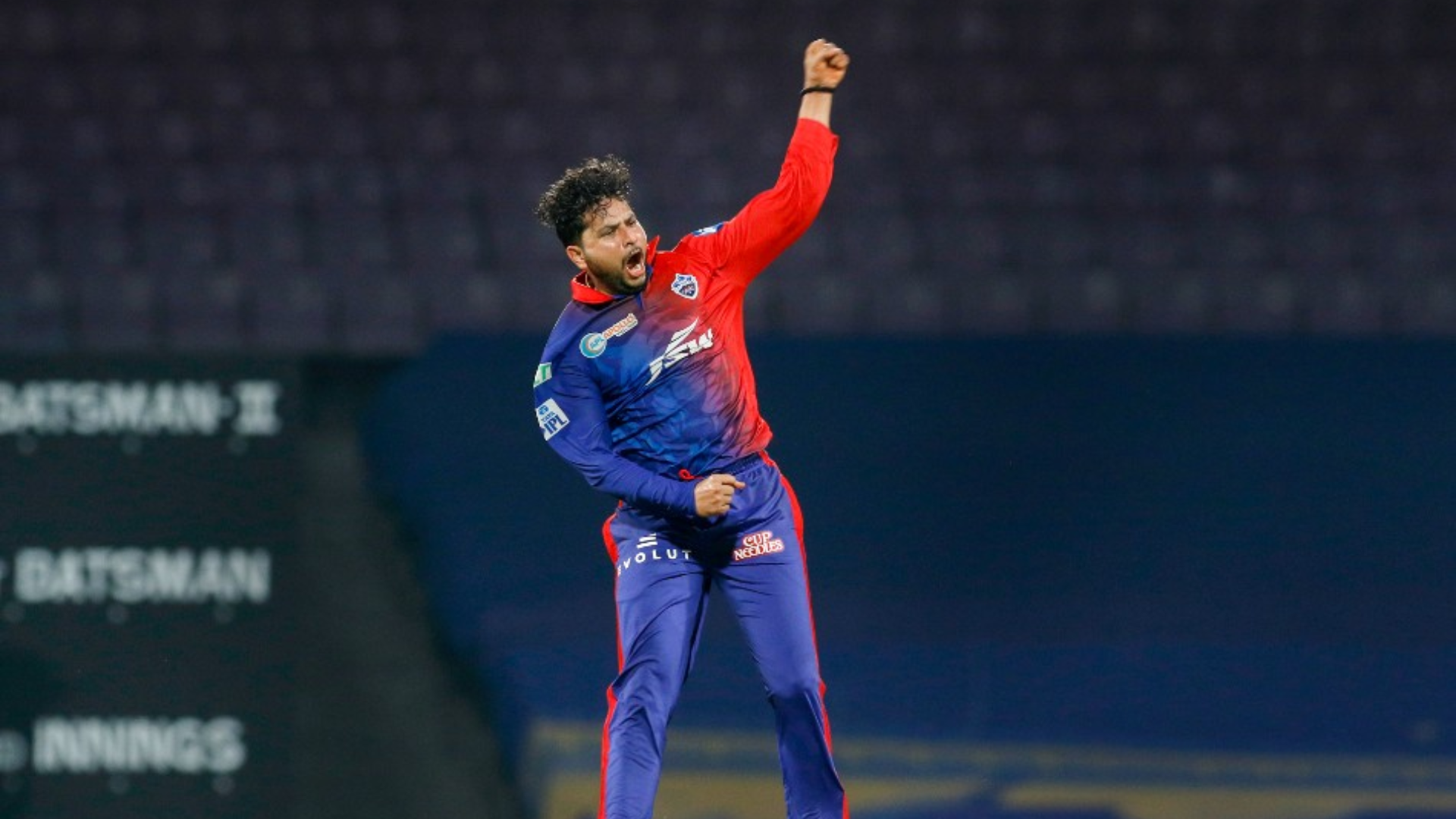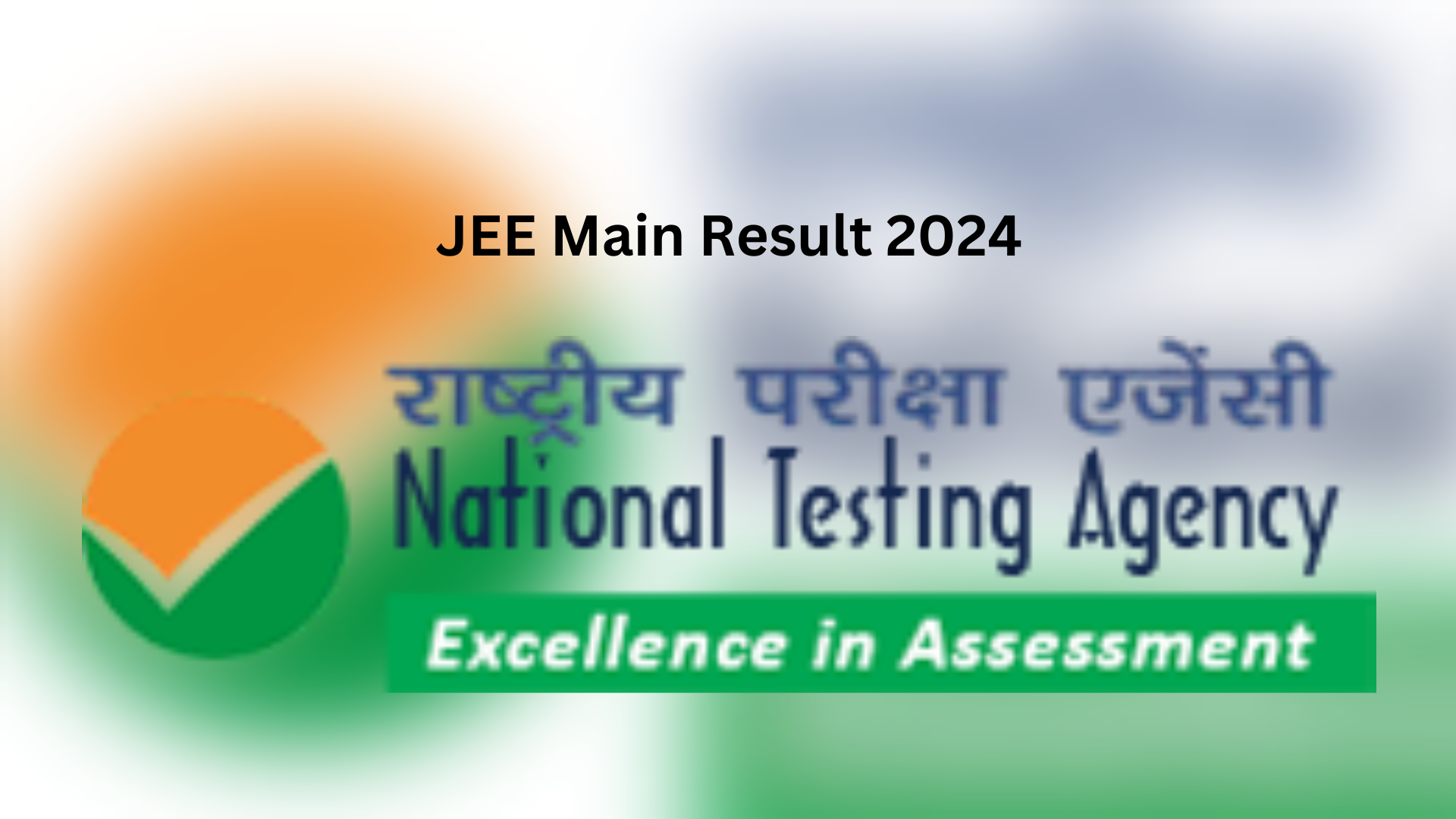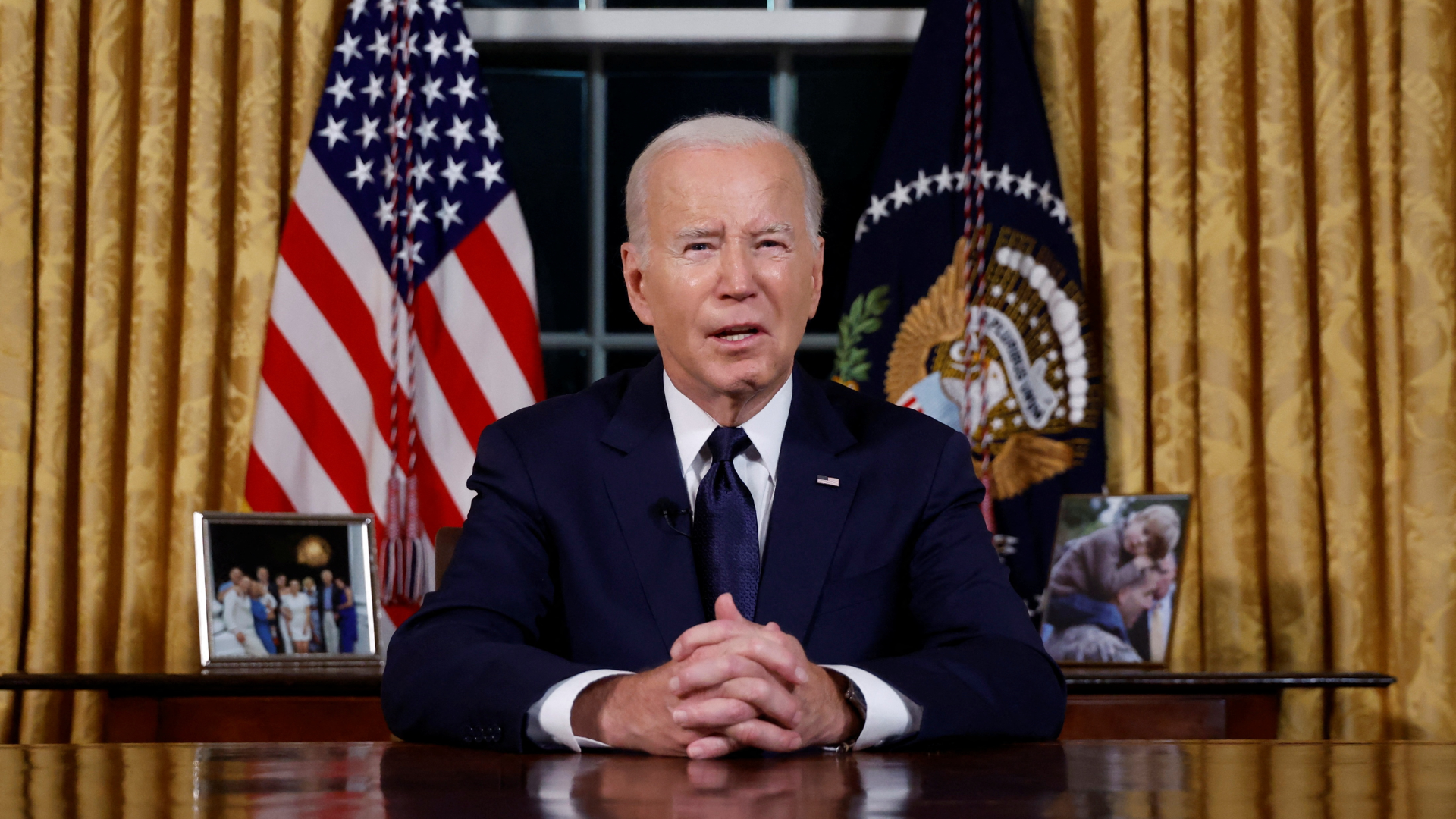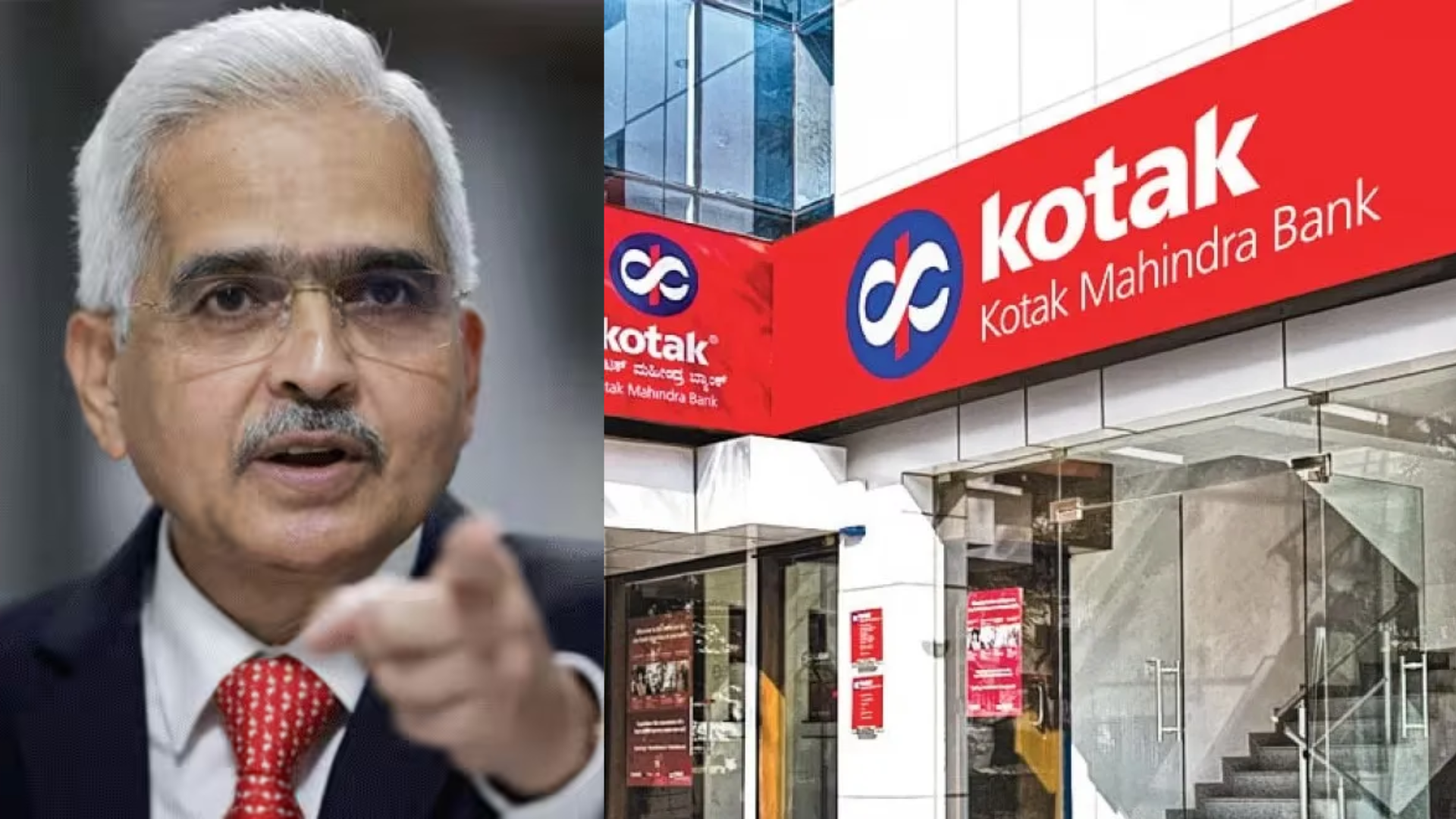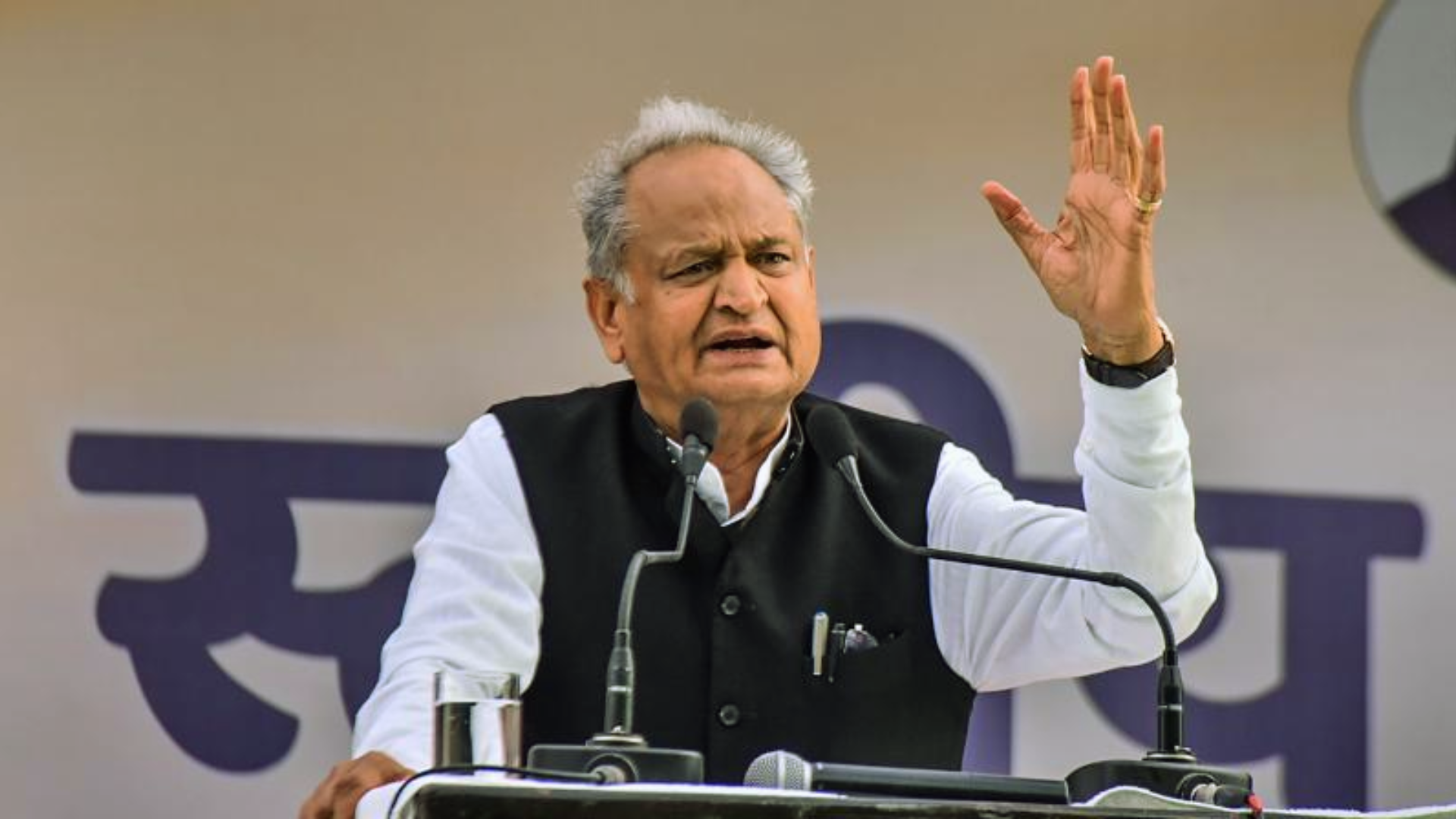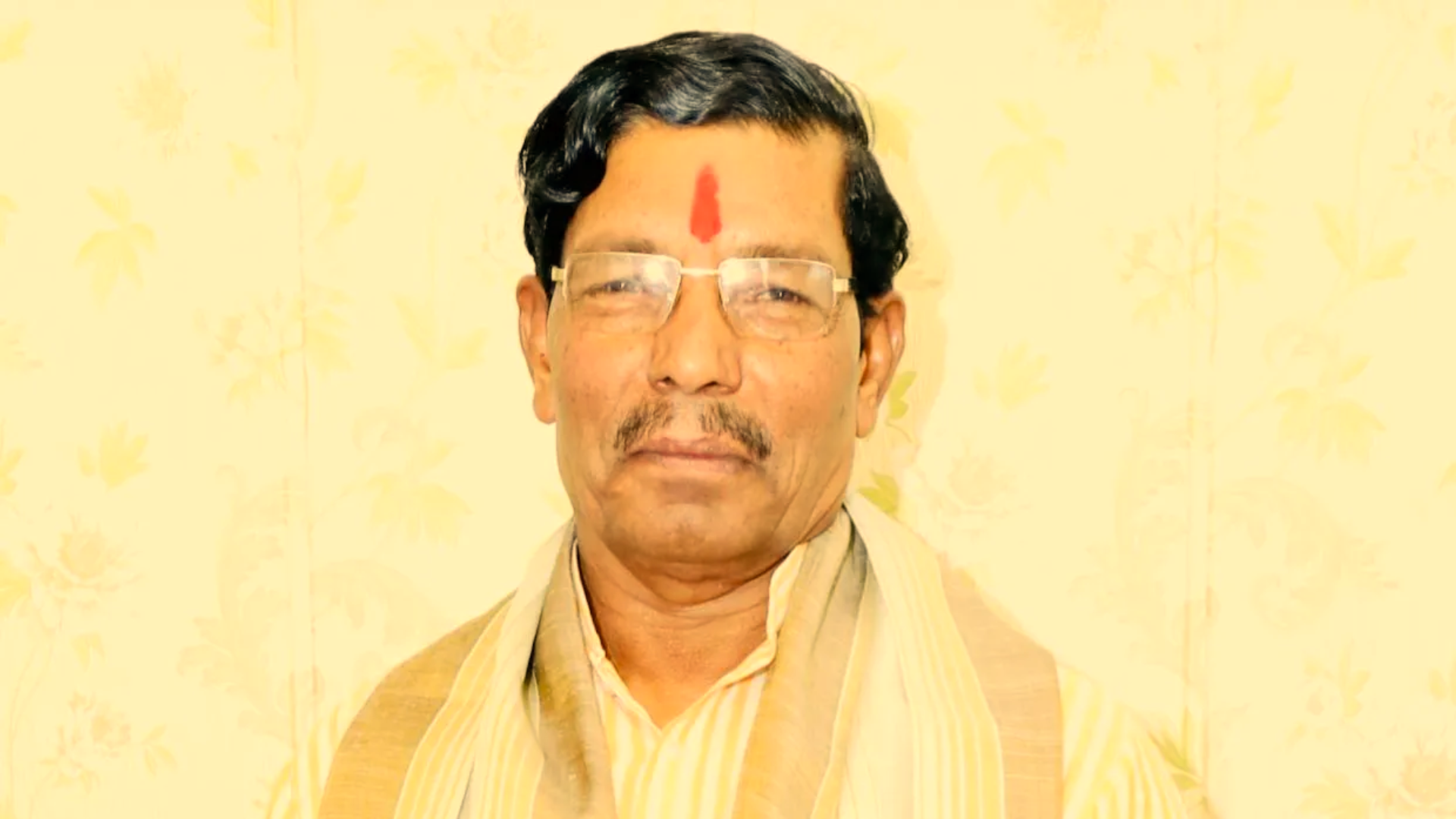


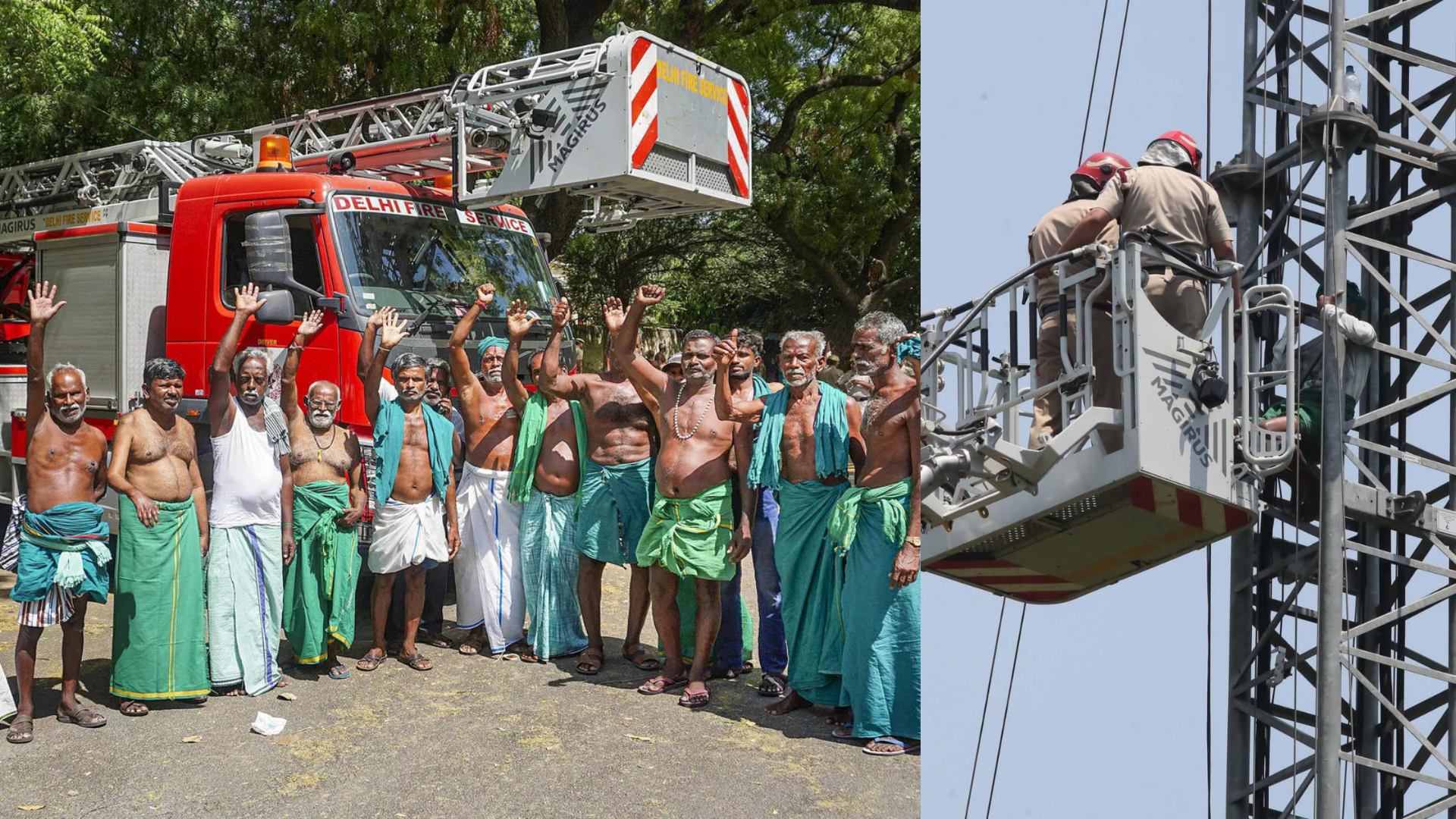
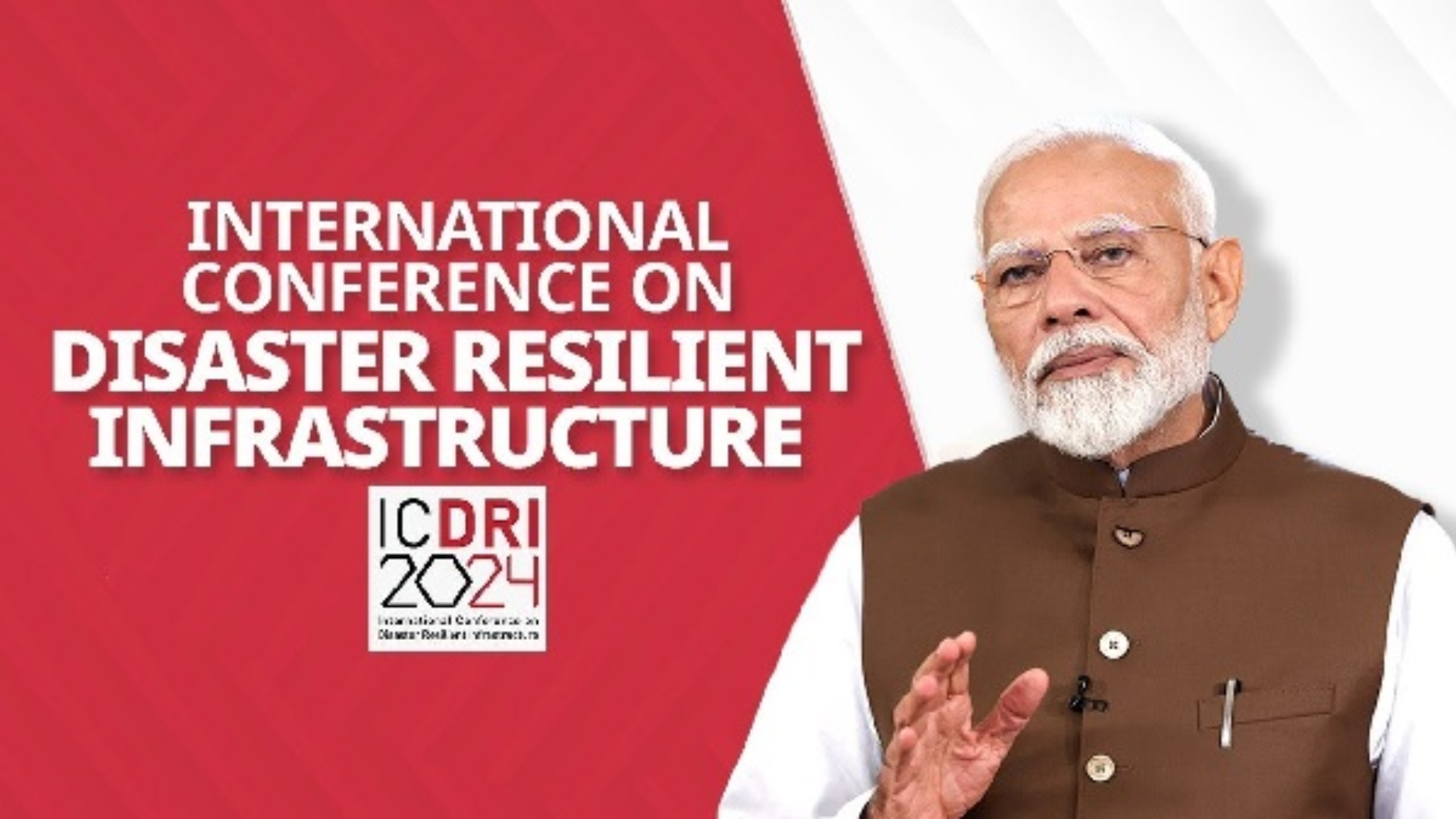
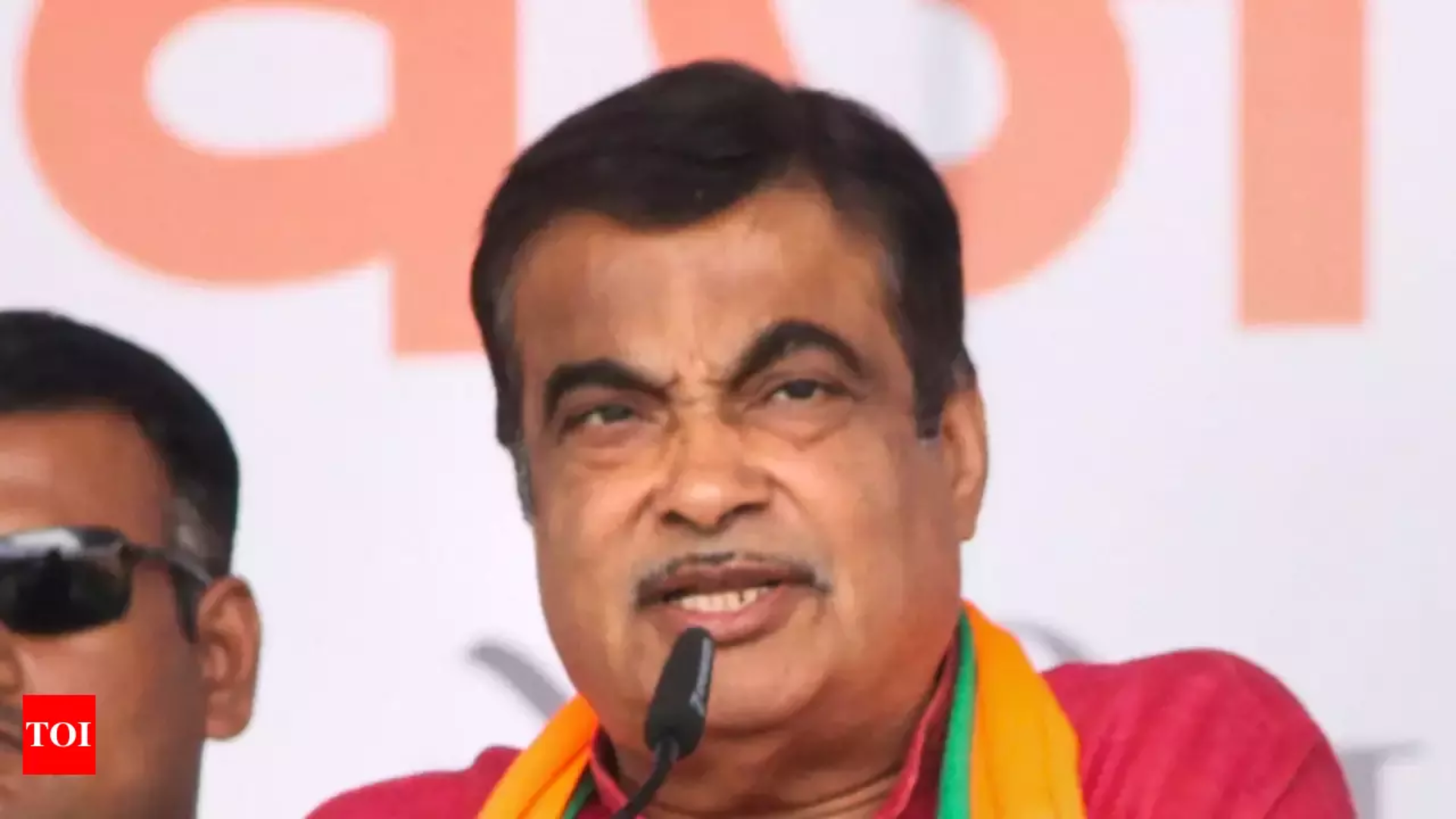

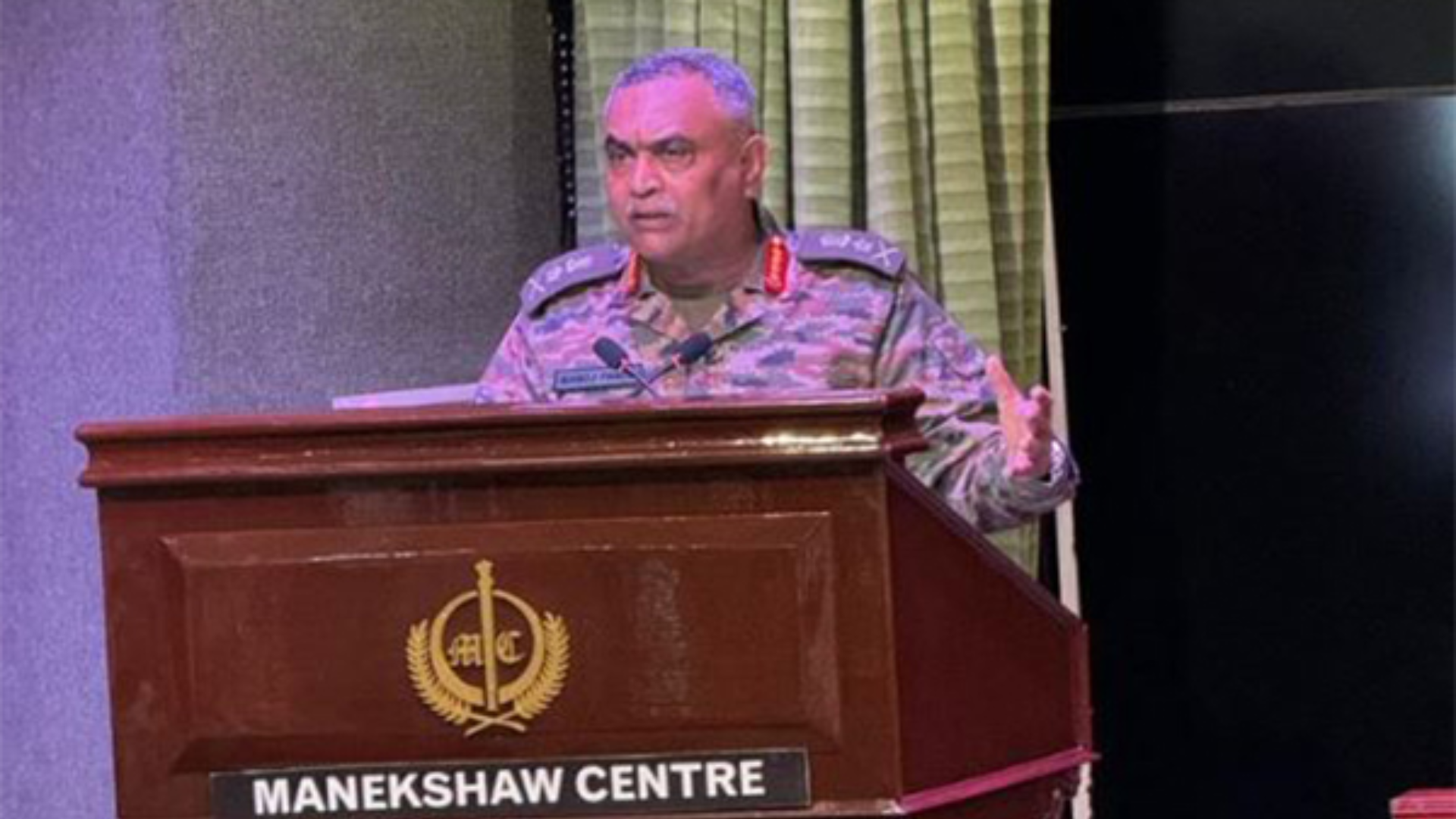
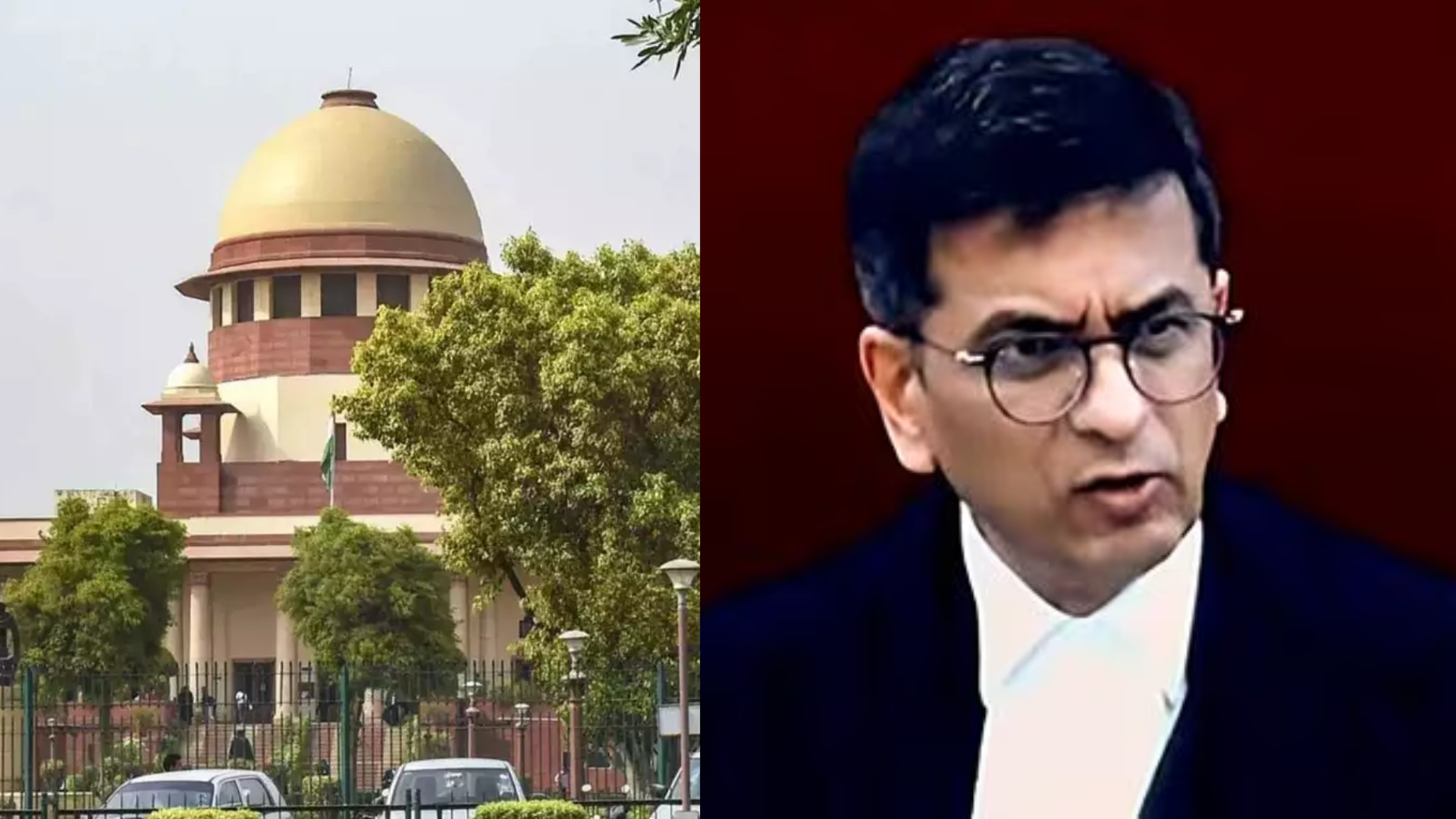
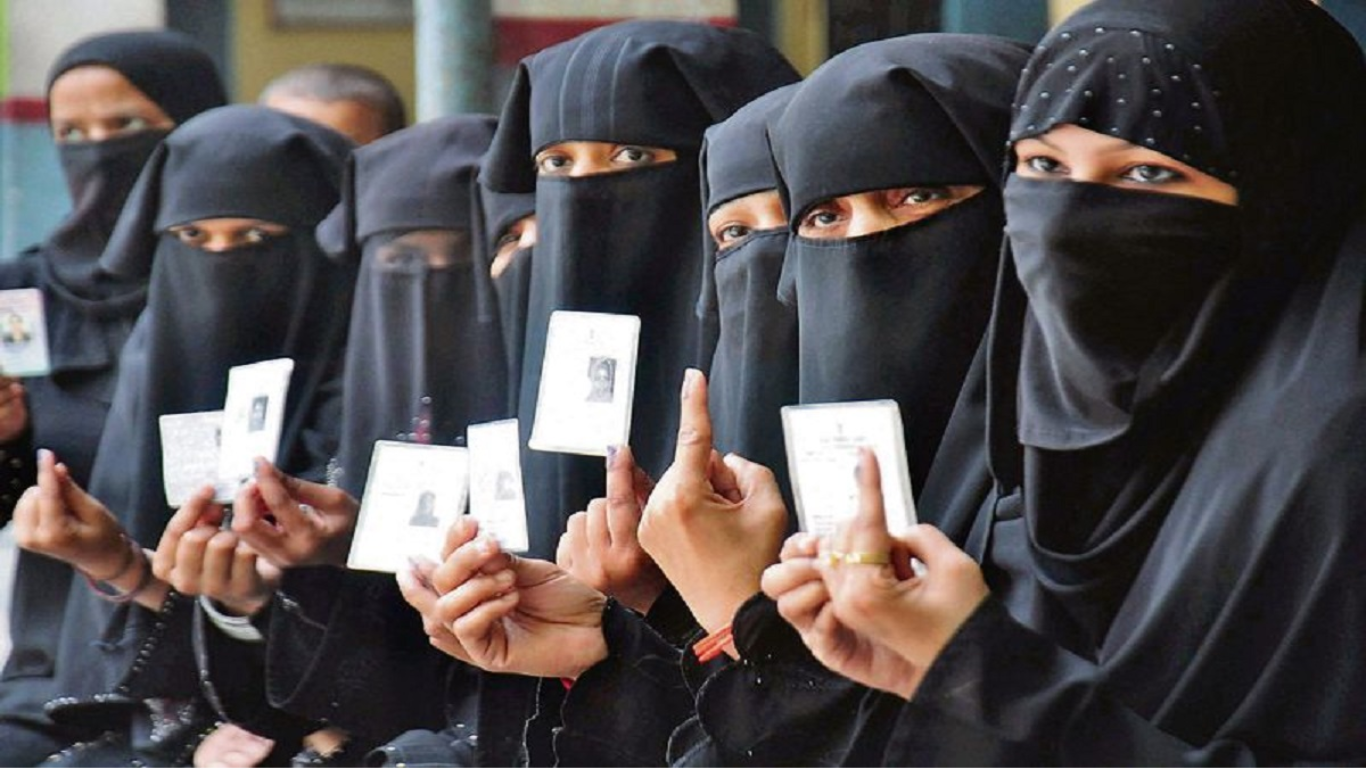
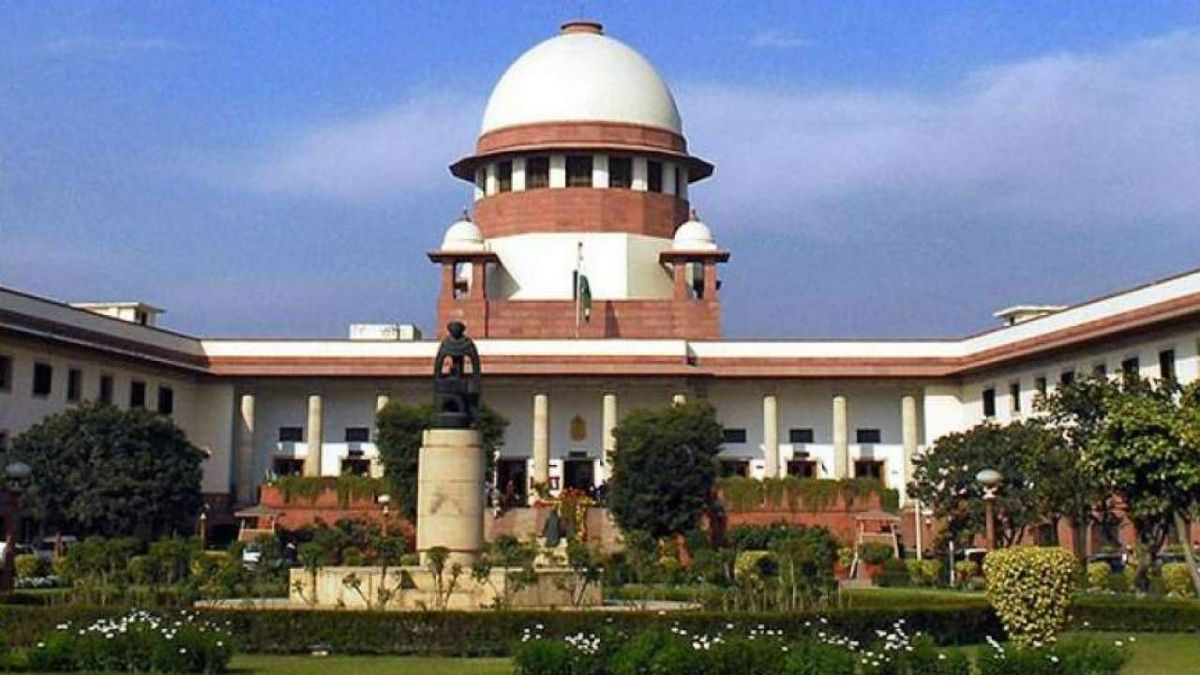
The Supreme Court issued notice to the Centre on Monday in response to a PIL requesting that the Centre design appropriate laws, regulations, and guidelines to curb population growth.
A panel of Justices Aniruddha Bose and Vikram Nath asked the Centre for a response and categorised the petition with similar or ongoing PILs. The Supreme Court issued its decision in response to a petition submitted by Firoz Bakht Ahmed, the grandson of India’s first Education Minister, Maulana Abul Kalam Azad.
Previously, the Supreme Court had asked the Centre to respond to the petitions filed by Devkinandan Thakur, attorney Ashwini Upadhyay, and others.
In his petition, Ahmed argued that population growth is the fundamental cause of more than half of India’s issues.
The PIL requested that the Centre investigate the viability of enacting the ‘Two-Child Law’ as a criterion for government positions, aids and subsidies, the right to vote, the right to contest, the right to property, the right to free housing, and so on.
The PIL requested that the Centre investigate the viability of enacting the ‘Two-Child Law’ as a criterion for government positions, aids and subsidies, the right to vote, the right to contest, the right to property, the right to free housing, and so on.
“The government should declare the first Sunday of every month as Health Day in place of Polio Day to spread awareness on population explosion and provide contraceptive pill, condoms, vaccines, etc to EWS and BPL families, with polio vaccines,” said the plea.
As an alternative, the petitioner has requested that the Law Commission of India provide a detailed study on the population boom and offer strategies to restrict it within three months.
The Centre had previously told the Supreme Court that India is absolutely opposed to forcing its people to have a specific number of children, and that any force to have a certain number of children is counter-productive and leads to demographic distortions.
The Health Ministry stated in its affidavit submitted in the Supreme Court that the country’s family welfare programme is voluntary in nature, allowing couples to select the size of their family and employ family planning methods best suited to them, according to their choice and without any compulsion.


